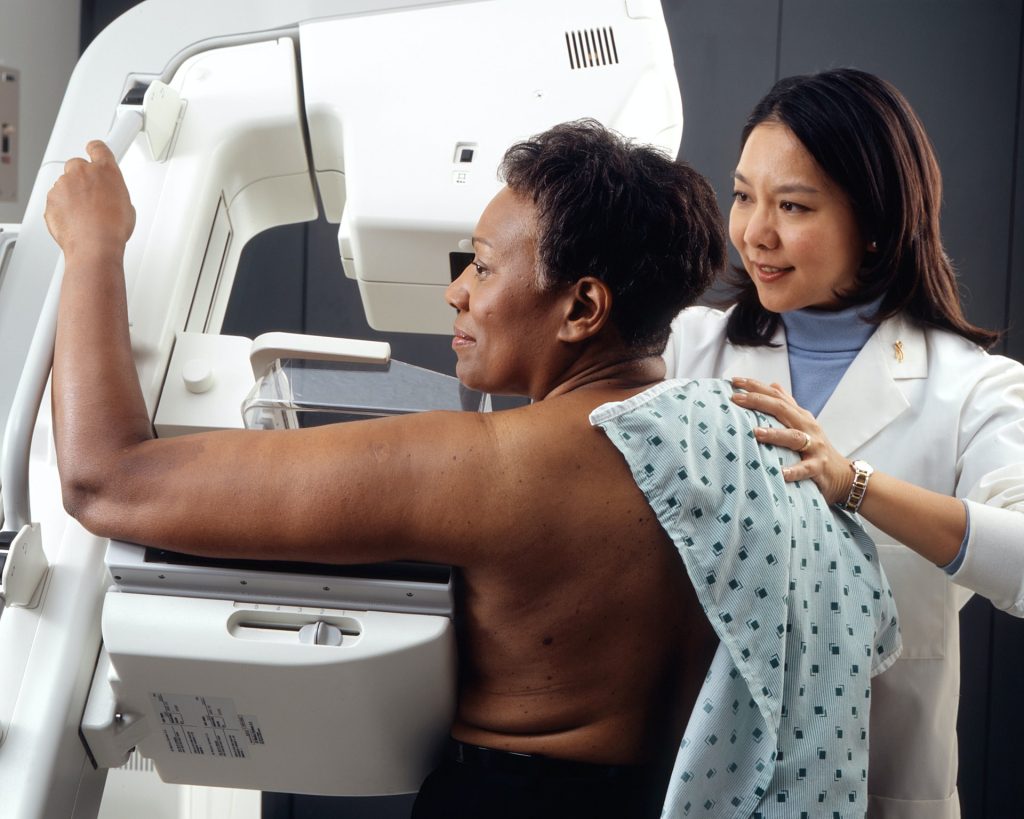Insights into How CAR T Cancer Treatment Works
Researchers have uncovered why some patients respond strongly to chimeric antigen receptor T-cell therapy (CAR T),
CAR T is a new development in cancer therapy, a treatment approved to treat many types of aggressive B cell leukaemias and lymphomas. Moffitt Cancer Center researchers use mathematical modeling to help explain why CAR T cells work in some patients and not in others, with the response instead tapering off and the disease continuing its progression.
CAR T is a type of personalised immunotherapy that uses a patient’s own T cells to target cancer cells. Many patients have strong responses to CAR T; however, some have only a short response and develop disease progression quickly. The procedure involves T cells from a patient being genetically modified to include a specific receptor targeting cancer cells.
hemotherapy then lowers some of the patient’s existing normal immune cells to help deal with the influx of CAR T cells that are infused back into the patient, where they can get to work and attack the tumour.
“Treatment success critically depends on the ability of the CAR T cells to multiply in the patient, and this is directly dependent upon the effectiveness of lymphodepletion that reduces the normal T cells before CAR T infusion,” explained co-lead author Frederick Locke, MD, Vice Chair, Blood and Marrow Transplant and Cellular Immunotherapy Department, Moffitt.
In their model, the researchers discovered that tumour eradication is effectively random, but can happen with high probability. The researchers showed that differences in the timing and probability of cures are determined largely by variability among patient and disease factors. The model confirmed that cures tends to happen 20 to 80 days before the CAR T cells decline, while disease tends to progress over a wider time range between 200 to 500 days after treatment.
“Our model confirms the hypothesis that sufficient lymphodepletion is an important factor in determining durable response. Improving the adaptation of CAR T cells to expand more and survive longer in vivo could result in increased likelihood and duration of response,” explained lead author Philipp Altrock, PhD, and assistant member of the Integrated Mathematical Oncology Department at Moffitt.
Source: News-Medical.Net
Journal information: Kimmel, G.J., et al. (2021) The roles of T cell competition and stochastic extinction events in chimeric antigen receptor T cell therapy. Proceedings of the Royal Society B: Biological Sciences. doi.org/10.1098/rspb.2021.0229.


